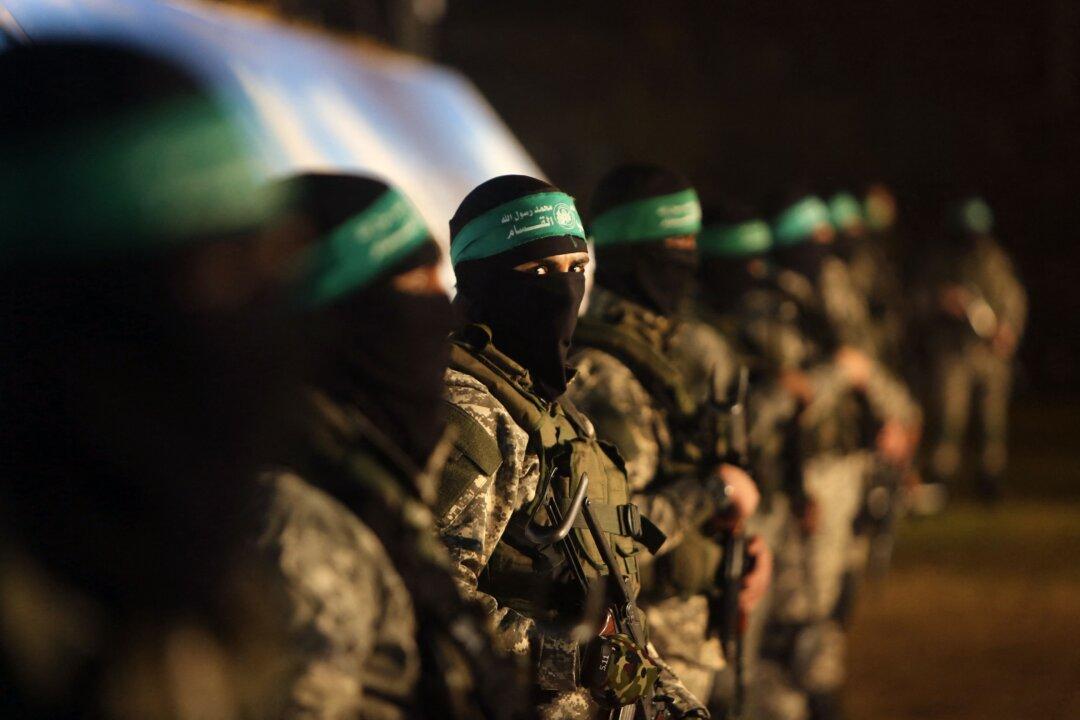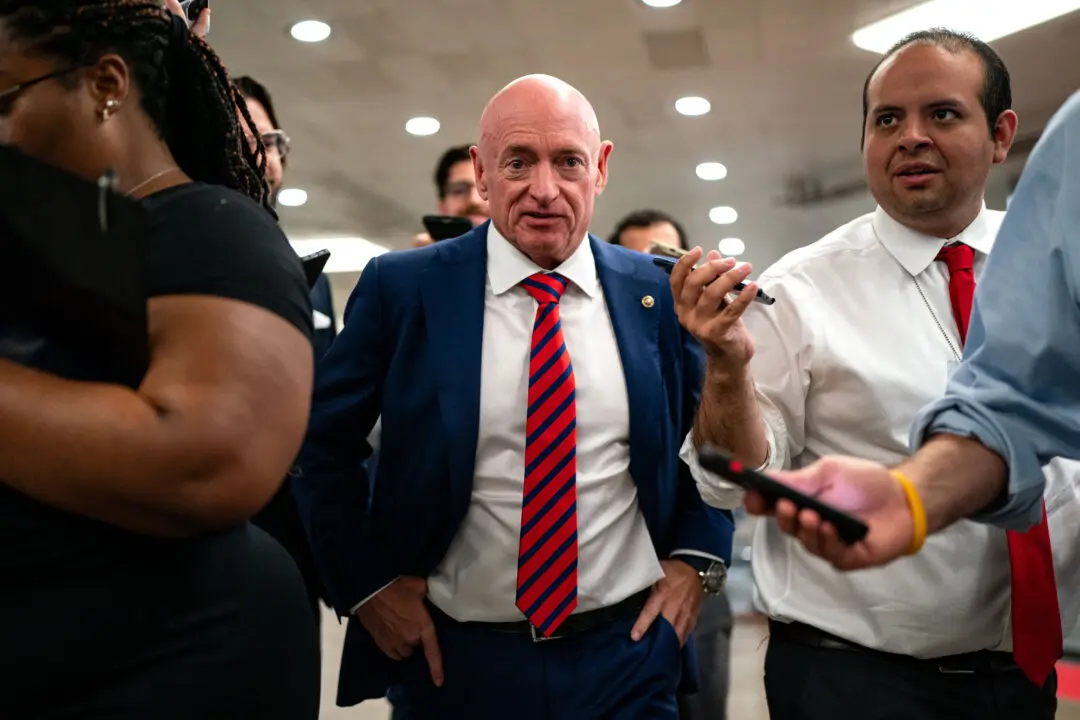The U.S. Treasury Department has applied new sanctions targeting an Iraqi airline and multiple Middle Eastern groups with suspected ties to Iran’s Islamic regime.
The Treasury Department’s Office of Foreign Assets Control (OFAC) designated Iraqi airline operator Fly Baghdad for sanctions, alleging the operator and its CEO, Basheer Abdulkadhim Alwan al-Shabbani, have provided assistance to the Islamic Revolutionary Guard Corps–Quds Force and suspected Iranian proxy groups active in Iraq, Syria, and Lebanon.





